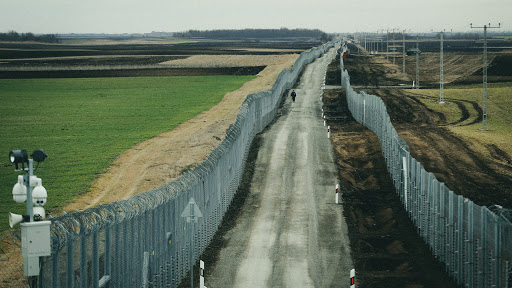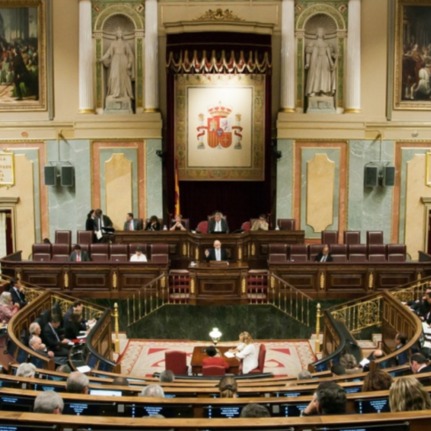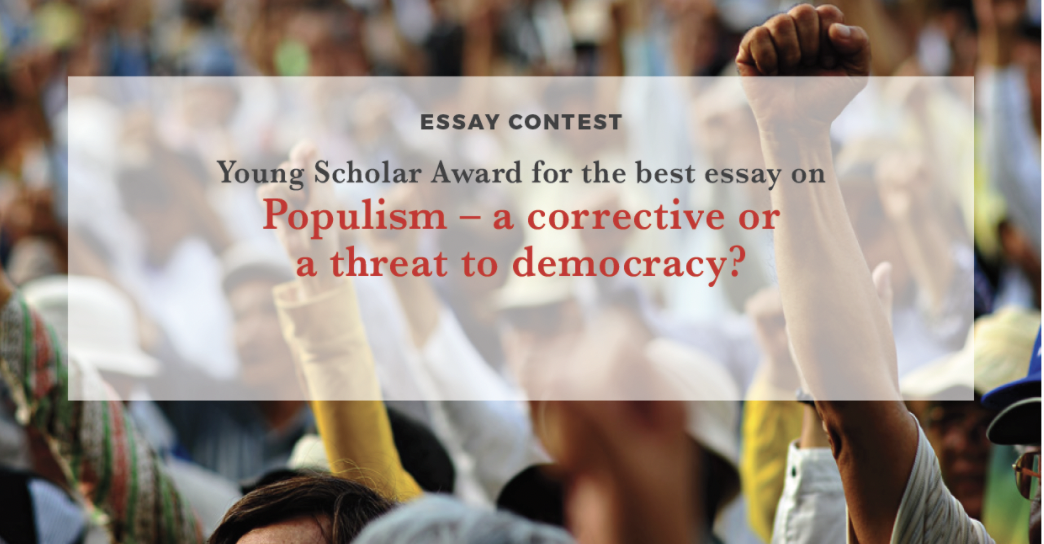On the Uses of Populism and Illiberal Democracy: Fences, Border Hunters, and Identity, by Kirsten Csenkey
By Kristen Csenkey, PhD Candidate, Balsillie School of International Affairs, Waterloo
Populism can mean many things. It is ambiguous at times because it is used by all sides of the political spectrum and in diverse contexts. At its core, populism embodies an ‘us’ versus ‘them’ mentality and embodies some aspect of protectionism. For example, when the state identifies a crisis that seeks to threaten the current order and established identities, populism is often employed to garner a specific political response.
The idea of a ‘crisis’ is an important part of this discourse as an existential threat or performance that paints society as constantly under siege. Populists lay claim to protecting the people from the corruptions and harm that the crisis will most certainly bring with it.
The post –2015 Hungarian border security policies highlight re-reimagining of nationalism within a populist framework. This is especially interesting because it is nested with an illiberal democratic framework. Populism is not inherently undemocratic, but it uses nationalism to create and protect a community against an imminent ‘threat’ or ‘crisis’. Populism is a part of democracies and seeks to solve the inherent ‘dilemmas’ within, including defining power and the limits of boundaries.
Within the context of power and boundaries, border security policies in Hungary are crafted as a way to protect the core nation of people. This is evident in the construction of the Southern border fence, or déli határzár, and the creation of the border hunters. When seen through a populist lens, these policies are a way to unite and create solidarity and as a means to defend the identity of the nation.
Fences
The határzár, crafted within the context of Hungarian nationalism, is a physical and symbolic representation of the state. Paired with the border hunters, the combination serves to promote a populist construction of protectionism.
The fence at Röszke in Hungary is an ultra high tech, fence built along the Hungarian-Serbian border. It is mainly patrolled by the Hungarian border guard, known as határvadászok/‘border hunters’.
Border Hunters
The creation of a Hungarian border guard feeds in to the state’s use of nationalism. It serves as a tangible response to the migration crisis that involves Hungarian citizens in the processes of defending the core nation from perceived outside threats. Moreover, it serves as a way to create and promote an illiberal post-2015 Hungarian identity that sees the nation as threatened by immigrants and promotes the duty to defend a common culture. This is seen as an investment into not only the security of the Hungarian borders, but of the nation.
The Ideal Citizen: Protecting ‘Us’ from ‘Them’
The role of the border hunters is an important part of the populist discourse in Hungary because they do not simply to patrol the határzár and catch illegal crossers, but to perform the protection of the nation.
Using Orbán’s 2017 speech at the swearing-in ceremony of the border guard as a basis to discuss nationalism, we can see the importance of the határvadászok in promoting the ‘us’ versus ‘them’ mentality. As an apparatus of the state, the határvadászok represent the ideal Hungarian citizen who shares the same values of the state, recognizes the fragility of the Hungarian culture, gain meaning from an identity of solidarity, and perpetuates the crisis.
Populism within (an Illiberal) Democracy
Within an illiberal democracy, there must be borders – borders that protect the integrity of the nation and give meaning to individuals. The image of the border hunters patrolling the határzár is a tangible answer to a crisis. Citizens can share in the protection of the nation, gain individual meaning as a member of the core nation, and recognize the state as a protector. Border hunters perform the crisis at the border.
In the Hungarian context, the main goal of the state’s use of illiberal democratic policies is to maintain power and create a shared reality of the Hungarian nation for its citizens to ascribe to. This reality benefits the state by legitimizing their power and forming a monopoly over values systems. This is because the state has limited and quickly diminishing power over the nation. In our modern era this means that their legitimacy must be acted in the creation and constant protection through, in this case, nationalism.
Populist states protect the citizens of the nation against foreign threats or by internal actors that may threaten their moral understandings of life. They also give identity in a modern world constantly engulfed by the void of meaninglessness and make some of their citizens feel the need to fight against the perceived diminishing sovereignty of their nation. If this exclusive meaning-making within an illiberal democracy is not truly democratic or representative of the entire nation, then what it is?
Is Populism Democratic?
It’s complicated. According to Kaltwasser (2014), populism is a part of democracies and seeks to interrogate the dilemmas therein. These dilemmas call into question the limits of self-government and boundary issues, or simply, ‘controlling the controllers’ and defining the community (Kaltwasser 2014; 472). As such, populism raises legitimate questions about democracy and is not necessarily a threat or a corrective force.
This relationship between populism and democracy is clear in the Hungarian context: populism provides the solution to the boundary issue by defining a political community based on the dilemmas of democracy. It also creates roles of members of the community via nationalism to control the boundaries through enforcement. Border security policies in Hungary, including the határvadászok, allow members of the community to perform their identities while reinforcing the illiberal democracy of the state.
The role of populist and nationalist discourses at play within Prime Minister Orban’s framework of illiberal democracy demonstrates this and can help us understand the fluctuating power of the state, the formation of political communities and identities, and the violence that comes with it.
Thus, populism is neither a threat nor a corrective mechanism to democracy, but a part of the system that enables actors to personify the inherent dilemmas within the system. The déli határzár and the határvadászok are a part of this performance.
About the author: Kristen Csenkey is a PhD Candidate in Global Governance at the Balsillie School of International Affairs in Waterloo. She is the 2020 Canadian Global Affairs Institute-Women in Defence and Security (WiDS) Fellow and a Junior Fellow with the Defence and Security Foresight Group at the University of Waterloo. Prior to this, she worked in Political Affairs at the Embassy to Hungary, Slovenia, and Bosnia and Herzegovina in Budapest. Kristen graduated from the University of Toronto, holds an MA in anthropology, and completed her Master of Applied Politics degree from Wilfrid Laurier University.
 http://www.snapshotsfromtheborders.eu/the-fence-in-hungary/
http://www.snapshotsfromtheborders.eu/the-fence-in-hungary/









Leave a Reply
Want to join the discussion?Feel free to contribute!